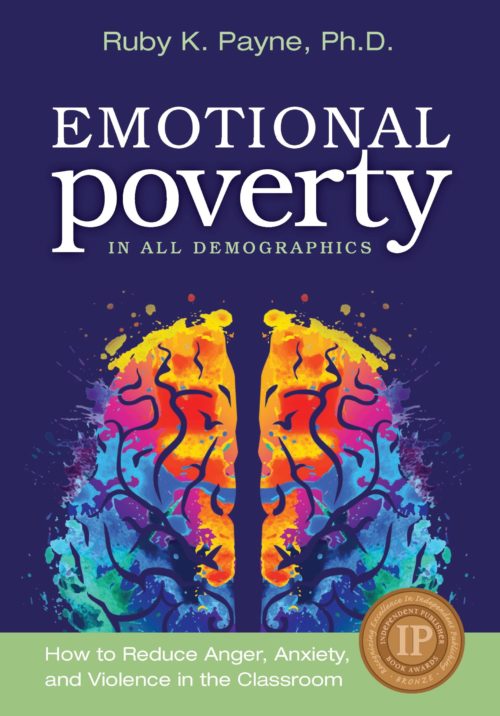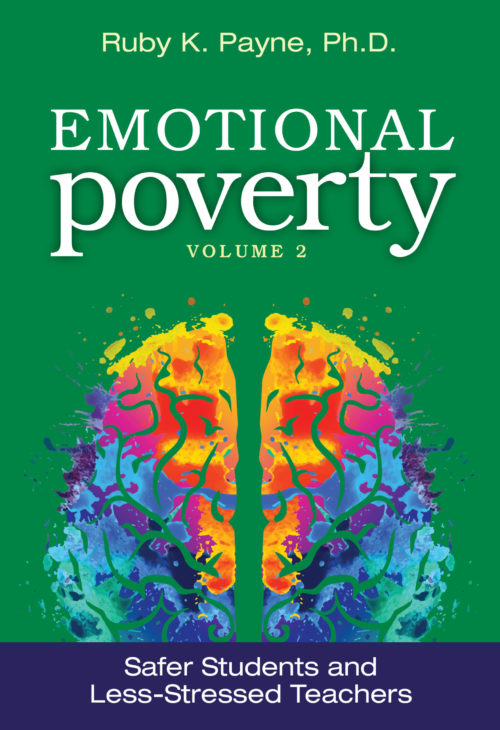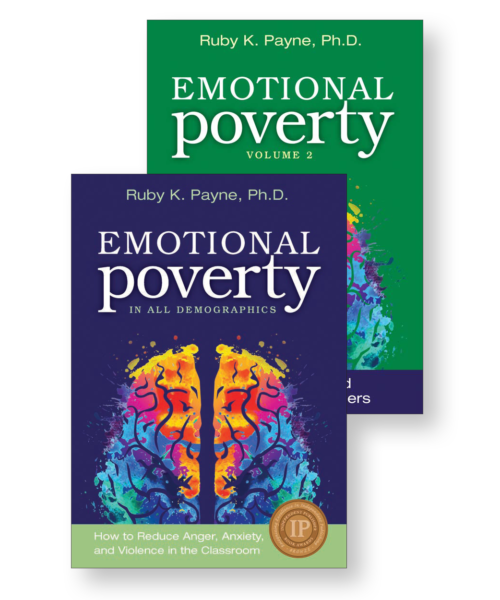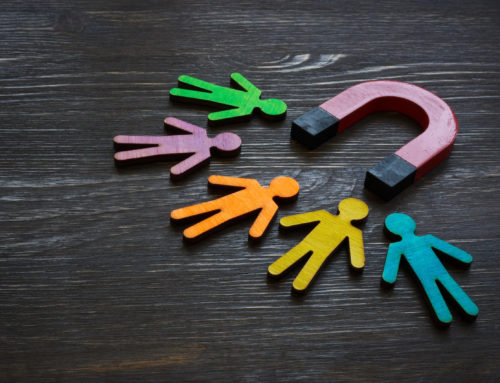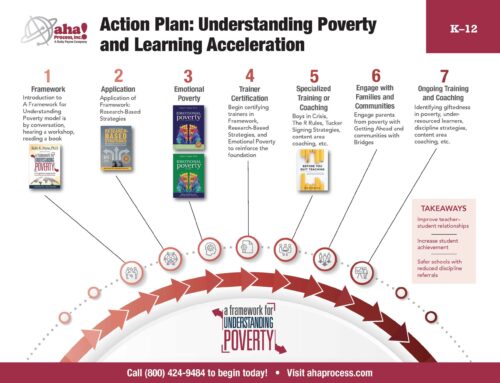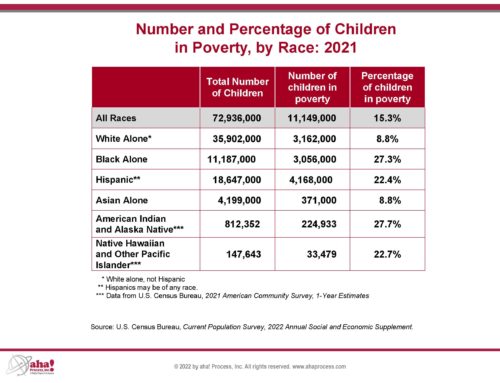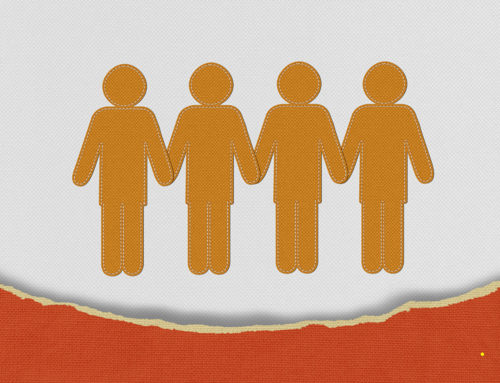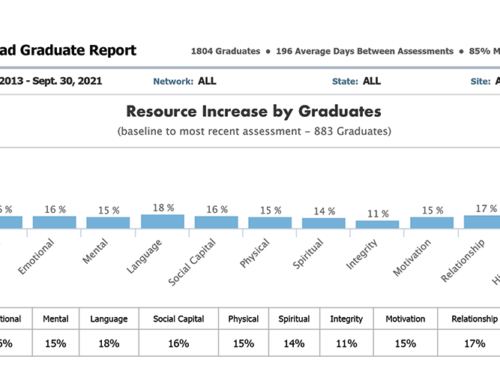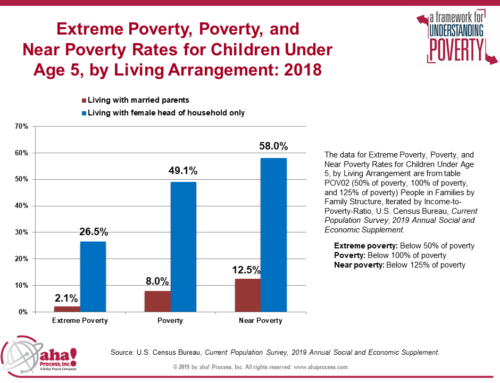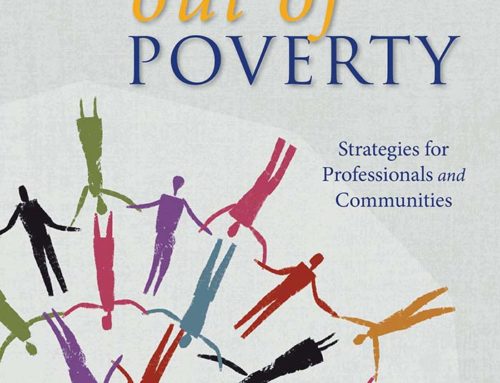 Ruby Payne’s work regarding emotional health in the classroom is a game changer in a traditional school setting where generational curses, socioeconomic class, and adverse childhood experiences (ACEs) often rear their ugly heads in the form of maladaptive behavior. The team-based approach in the text is as important as the team itself, providing an important asset as we enter 2021 with the COVID-19 pandemic tossing classrooms like a salad in a tornado. If fall of the 2020 school year was any indication of how spring looks for our educational institutions, we can expect a revolving door of students in and out of quarantine. Some families may opt to interact strictly virtually, while others are potentially forced into distance learning due to campus closures.
Ruby Payne’s work regarding emotional health in the classroom is a game changer in a traditional school setting where generational curses, socioeconomic class, and adverse childhood experiences (ACEs) often rear their ugly heads in the form of maladaptive behavior. The team-based approach in the text is as important as the team itself, providing an important asset as we enter 2021 with the COVID-19 pandemic tossing classrooms like a salad in a tornado. If fall of the 2020 school year was any indication of how spring looks for our educational institutions, we can expect a revolving door of students in and out of quarantine. Some families may opt to interact strictly virtually, while others are potentially forced into distance learning due to campus closures.
Educating during a pandemic feels like being stranded on a desert island. Emotional Poverty provides skills necessary to survive until someone sees the SOS and picks up these kids. This could be the difference between Lord of the Flies and Gilligan’s Island.
A helpful portion of the text applicable in a broad base of learning environments is the value of being proactive. Payne spells out how to identify students at risk of emotional meltdown and prevent them from twisting off, and later chapters provide tools for mitigating emotions.
Parents forced into “homeschool hell” know which children keep up with work and which children cannot be motivated without an argument that just as often triggers an emotional meltdown. These behaviors are not isolated to classrooms, but households develop tolerance to meltdowns over time, much like growing accustomed to the sound of road traffic or a train. The text provides an opportunity to evaluate behavior from a broader viewpoint, as coming to terms with reality may mean admitting that a child’s emotional chaos has momentum and will persist until addressed.
In addition to steps for proactively addressing student meltdowns, Payne’s text offers proven new tools for reacting to defuse the emotions once the proverbial poop hits the fan.
It is possible to survive being stranded on a desert island (home), to survive silence replaced by a roaring train (a kid’s meltdown), and come out of it with only a poop-covered fan. Emotional Poverty is not a drink in a coconut shell, but it can prevent children from running around in dirty underwear trying to kill each other.

